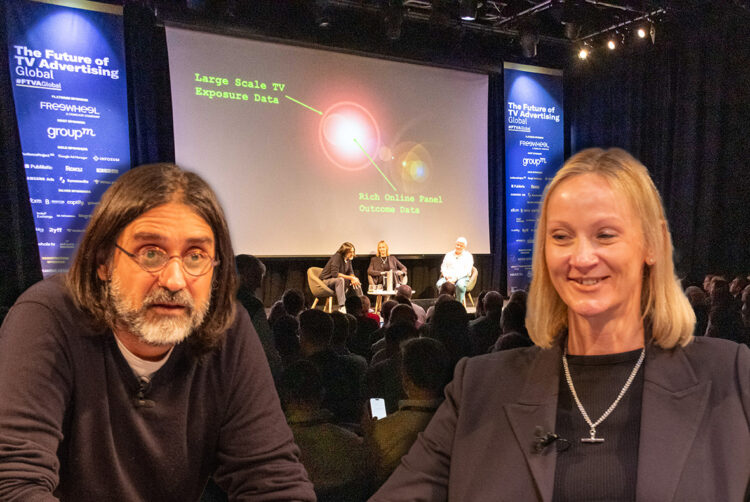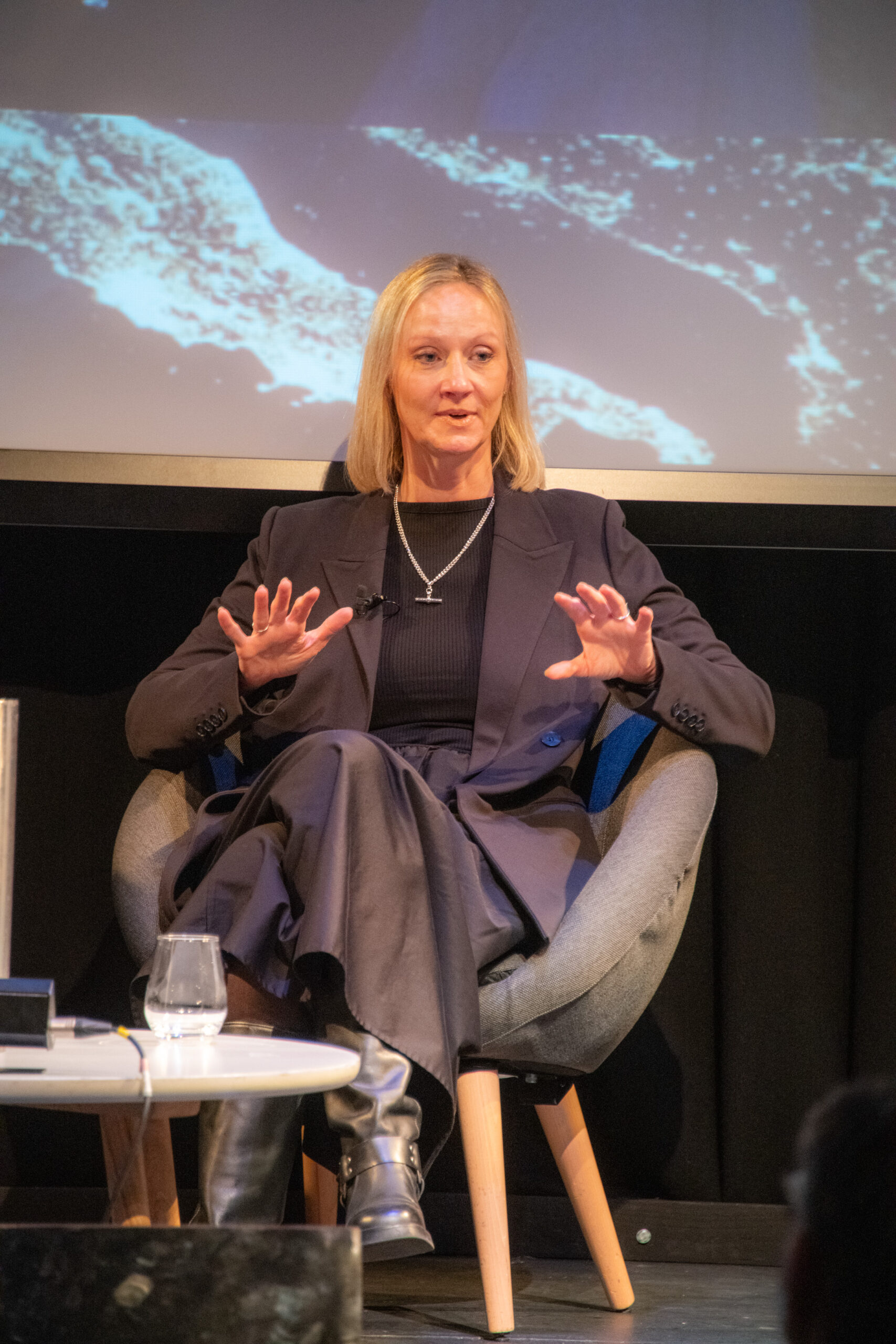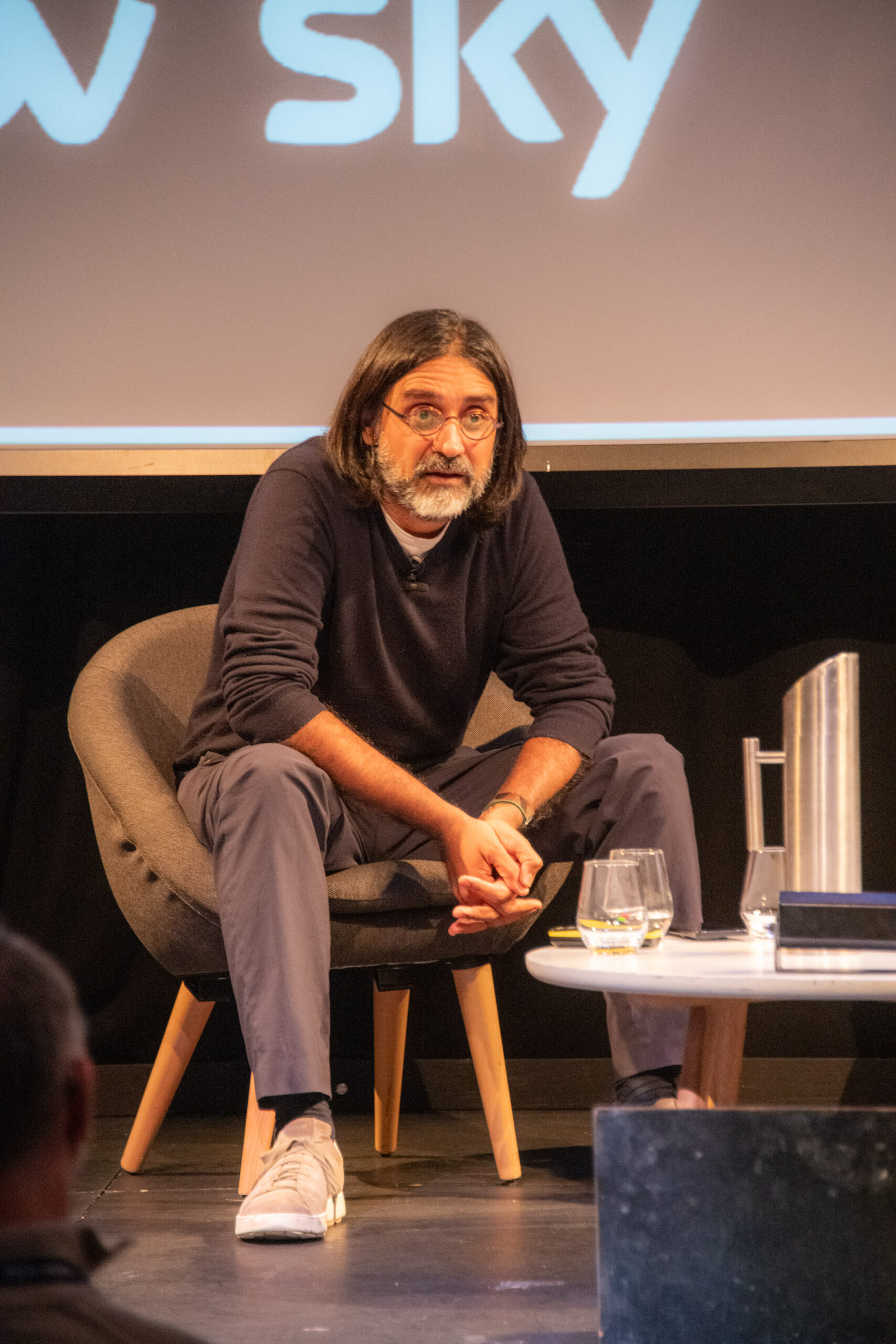Lantern joint measurement panel could be live ‘by 2026’

The Future of TV Advertising Global
Lantern, a new joint measurement panel aimed at tracking the short-term impact of TV advertising, “might be online by 2026”, according to Sameer Modha, ITV’s measurement innovation lead.
Outlining a timeline for the initiative at The Future of TV Advertising Global in December, Modha, alongside Sky Media director of client marketing Karin Seymour, described a four-step process ahead of Lantern’s anticipated launch.
Following a request for information, Lantern will surface results from what Modha called a “baby POC [proof of concept]” in the spring. Given initial learnings from the POC, Lantern plans to issue a request for proposal in the summer, before potentially launching as a full measurement product in early 2026.
In a LinkedIn post, Modha clarified that the “Baby Lantern” POC panel, which he called “Barb-sized”, has had ad exposures “flowing now for a few weeks”.
Data included in the POC covers 2023 and 2024, and “will accumulate the historical outcome data and behaviours” from those years.
While the POC currently only includes measurement of linear audiences, Seymour hinted that it would eventually expand into VOD, telling the audience: “Watch this space.”
How do porcupines mate?
Lantern was first announced at a Thinkbox event in September and is being led by the UK’s three largest commercial broadcasters: Channel 4, ITV and Sky.
The broadcasters have already been collaborating on measurement for three years through their joint venture CFlight, which captures overall deduplicated reach and frequency, and which since January 2024 has been under the governance of Barb.
 According to Seymour (left), Lantern “is at the opposite end of CFlight”, as it aims to better measure outcomes for advertisers rather than merely audience reach.
According to Seymour (left), Lantern “is at the opposite end of CFlight”, as it aims to better measure outcomes for advertisers rather than merely audience reach.
Jeff Eales, Sky Media’s director of systems and development and chair of the panel at The Future of TV Advertising Global, said the idea for Lantern had been “incubating in Thinkbox” for some time before its announcement in September.
Indeed, Modha said the challenge of getting the commercial broadcasters to cooperate on the initiative was akin to “the old joke about how do porcupines mate: obviously very carefully”.
Seymour, meanwhile, stressed that developing Lantern has required “getting not just the plumbing but the lawyers across everything”, because the broadcasters want to ensure they are being “very, very protective of our customer data”.
She added: “We have to make sure we’re measuring the right thing. There is so much stuff that we can measure — are we measuring something that is going to be useful and helpful when planning campaigns and, more importantly, running businesses and driving business growth?”
An answer to Origin?
Referencing early feedback to Lantern’s announcement in the autumn, Modha said he heard concerns that broadcasters “had just given up” by conceding that measuring short-term impact is of greatest importance to advertisers, even though TV has been found to produce market-leading long-term effectiveness.
He called Origin, the cross-media measurement initiative led by Isba, “a victory lap for the platforms”, because advertisers’ strong demand for it has shown that outcomes-based measurement has “won the market” — to tech platforms’ benefit.

“The vast majority of money spent is on outcomes,” said Modha (right). “That is the thing that has won in the market. It is the thing that advertisers have made very clear by voting with their wallets that they want. Lantern is very much in that space.”
However, Modha insisted that because Lantern is a panel, it can offer long-term measurement too.
“Is this only going to measure short-term impact?” he asked. “No, because it’s a panel. It’s still a panel. You can look at the impact not just in the minute or the hour or the day, but over time.”
Seymour suggested that this is precisely what advertisers are interested in, as media planning efforts become “increasingly blurred” between short- and long-term campaigns.
She explained that, for advertisers, marketing efforts have become less about “performance versus brand”. Rather, they “just want to drive good business outcomes — but they want to be able to measure them in stages”.
Modha continued: “What we hope — this might sound arrogant — is it will kind of leap-frog to where the best of outcome measurement is today for advertisers.”




